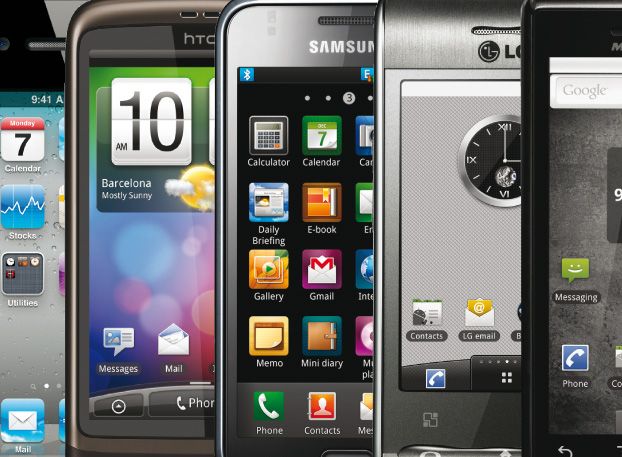

Glass manufacturer Corning has invented a new type of ultra-thin glass that promises to transform the shape and displays of consumer electronic devices such as smartphones and tablets.
Corning said Willow Glass is a new form of ultra-thin glass, which is also flexible, allowing it to wrap around a device. This could mean that smartphone screens extend much further than simply on the front of the handset. Other displays could bend around hard surfaces, such as walls.
Willow Glass can be processed at temperatures up to 500° C, according to Corning. What this means is that it could enable the electronics industry to pursue high temperature, continuous roll-to-roll processes, just as how a newspaper is printed on a continuous roll of paper.
According to Corning, Willow Glass will support thinner backplanes and colour filters for both organic light emitting diodes (OLED) and liquid crystal displays (LCD) in devices such as smartphones, tablets and notebook computers. Also, because the glass is both ultra-thin and flexible, it will allow for the creation of ‘conformable (curved) displays for immersive viewing or mounting on non-flat surfaces.’
Willow Glass is also suitable for use with touch sensors.
“Displays become more pervasive each day and manufacturers strive to make both portable devices and larger displays thinner,” said Dr Dipak Chowdhury, division vice president and Willow Glass program director. “Corning Willow Glass provides the substrate performance to maintain device quality in a thin and light form factor.”
“Currently manufacturing in a sheet-to-sheet process, we expect Corning Willow Glass to eventually allow customers to switch to high-throughput, efficient roll-to-roll processing, a long-awaited industry milestone,” said Chowdhury.
Corning is currently shipping samples of its Willow Glass to customers developing new display and touch applications. It is also actively working on other potential applications for its Willow Glass, including use in lighting and flexible solar cells.
At January’s Consumer Electronics Show, Corning unveiled an improved version of Gorilla Glass, the tough surface that protects delicate screens on most tablets, smartphones and many laptops. Gorilla Glass 2 is 20 percent thinner and lighter than its predecessor and more touch sensitive.
In Februar
However, Corning’s Willow Glass is not the first attempt to produce a flexible display.
In May 2011, Canadian scientists created a prototype of a mobile phone – minus the usual plastics, metals and chemicals – made of flexible electronic paper.
And in October 2011, Nokia unveiled a bendable concept phone, dubbed the Kinetic, which could be controlled by physical actions, such as squeezing the handset.
What do you know about tablets? Take our quiz.
Deliveries of Telsa's 'bulletproof' Cybertruck are reportedly on hold, amid user complaints side trims are…
New feature reportedly being developed by Apple for iOS 19, that will allow AirPods to…
Binance BNB token rises after WSJ report the Trump family is in talks to secure…
After failed Amazon deal, iRobot warns there is “substantial doubt about the Company's ability to…
Community Notes testing across Facebook, Instagram and Threads to begin next week in US, using…